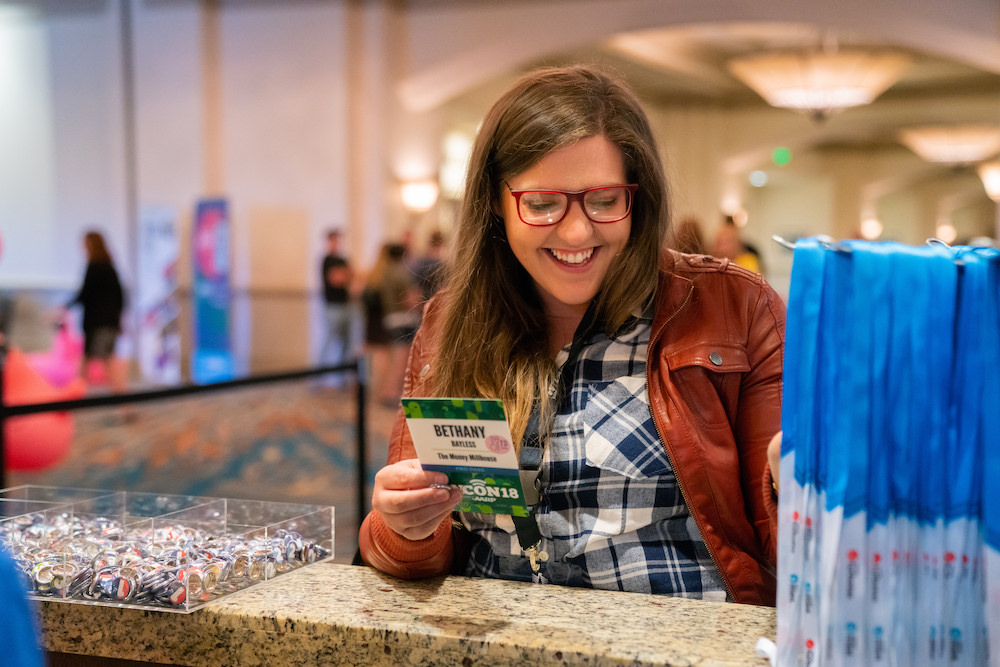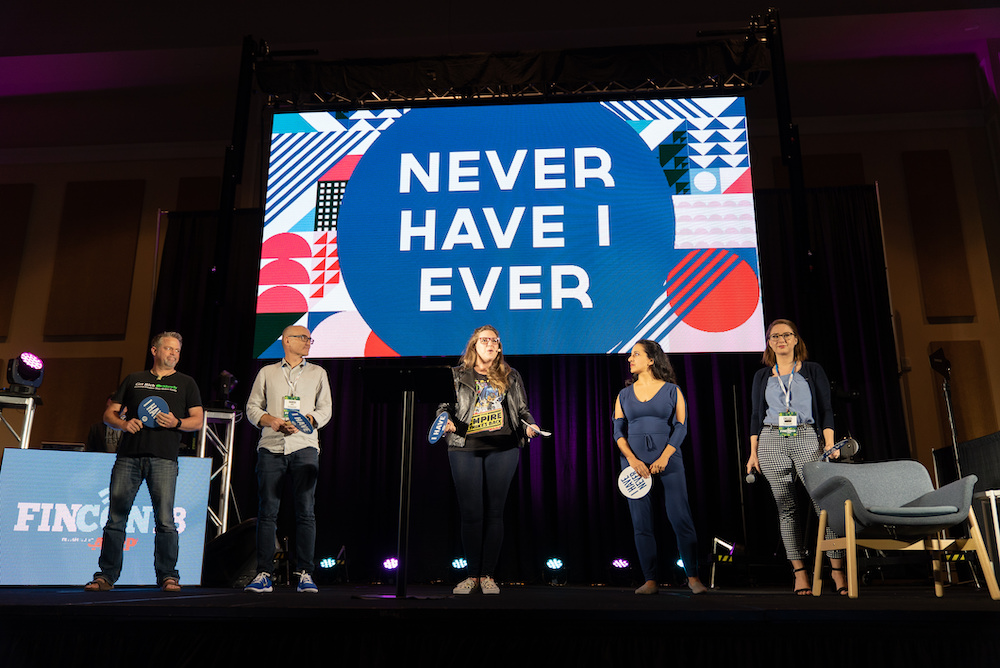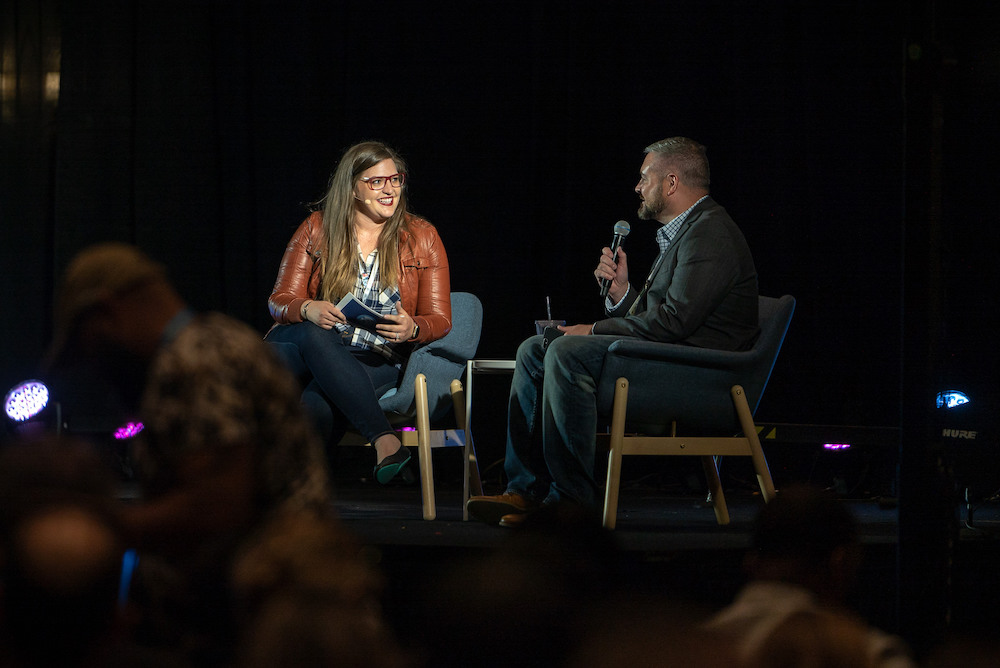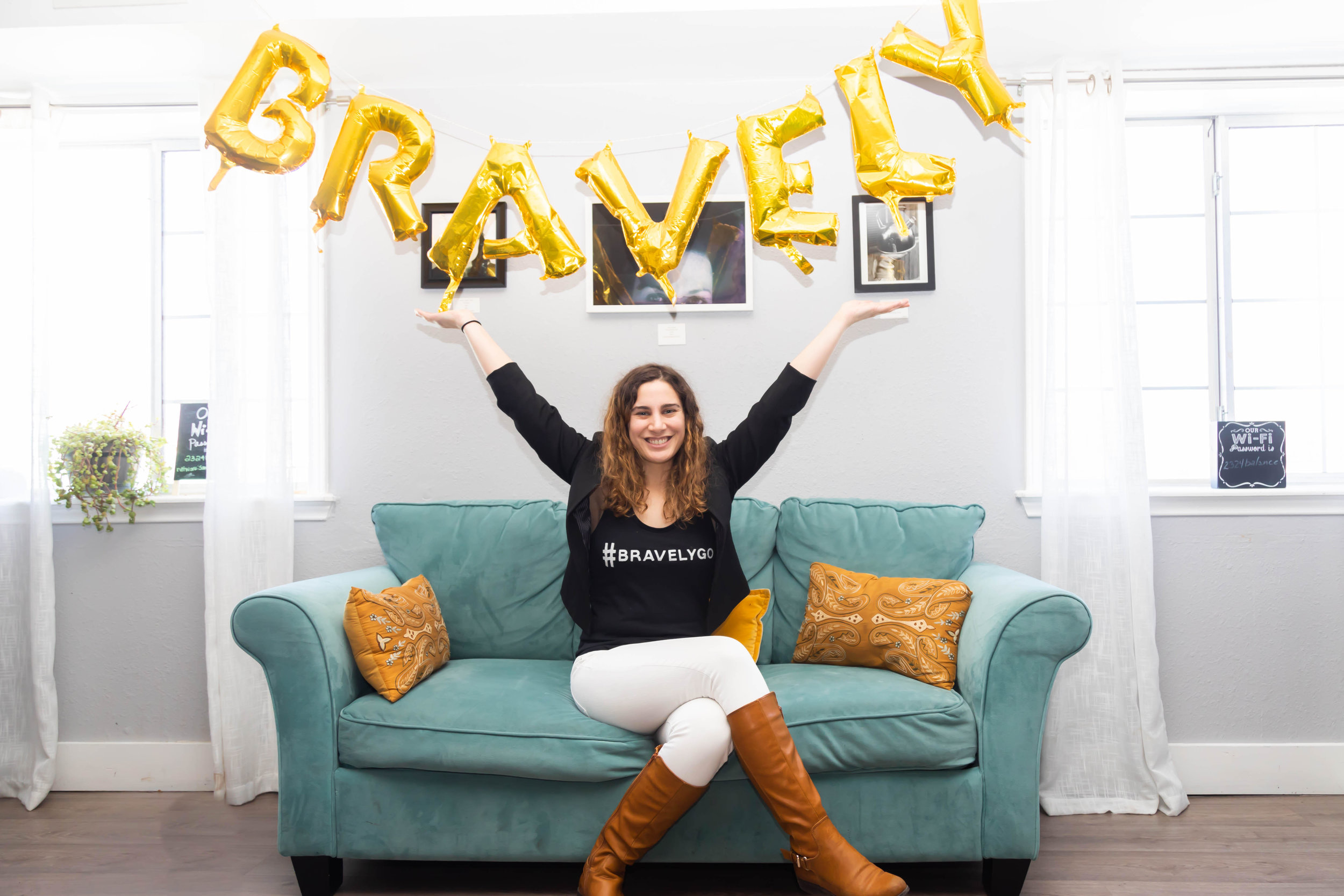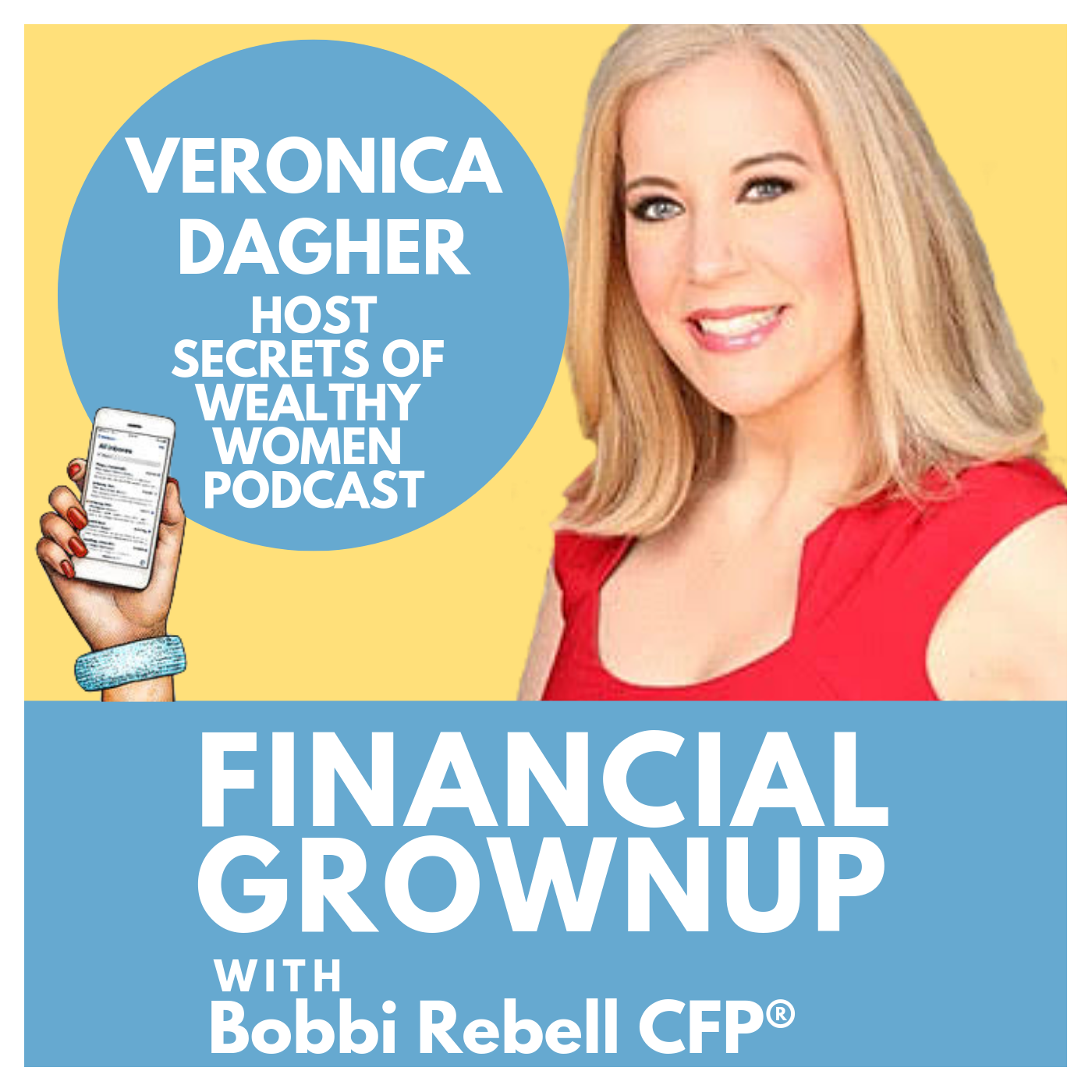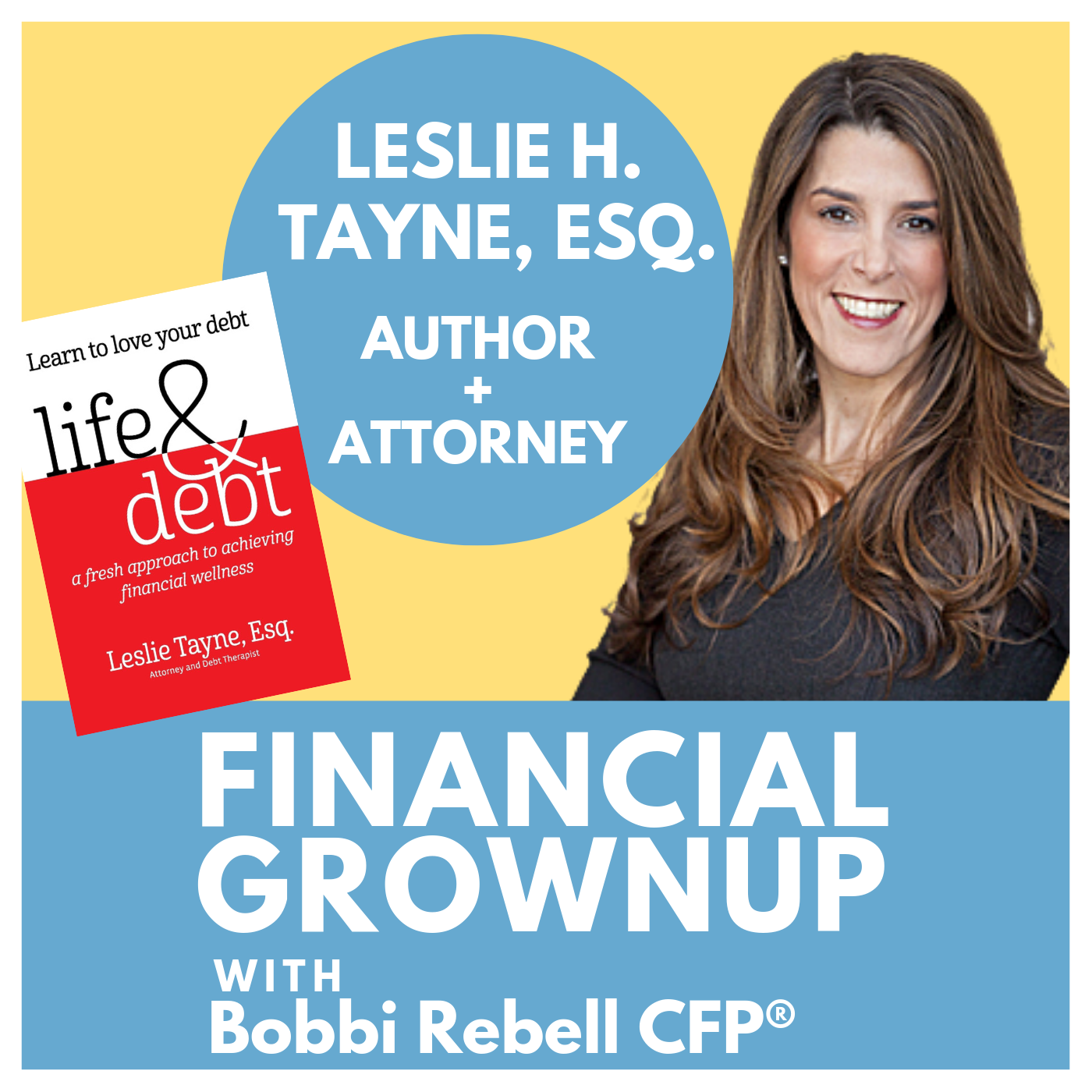Jason Wolfe sold several companies for huge profits, including GiftCards.com for 120 million dollars. The gifting entrepreneur grew up as an orphan at the Milton Hershey School when his mentally ill mother could not care for him. The lessons learned at the school focused on not just a strong work ethic and structure, but also specific lessons on building businesses with a spirit of generosity.
“As you grow your business.. relationships and networking become so so important to make you successful.”
Jason's money story
I grew up very poor, on welfare. Mother had some mental issues. My dad took off. We thought he was dead. So I grew up in a place I'm not sure how many of your listeners know. There's a person named Milton Hershey, and Milton Hershey was the man who started the Hershey Chocolate Company. He started an orphanage in 1909 and he had it in his heart, him and his wife, to give back to needy children. So in 1915 or somewhere thereabouts, Catherine, his wife passes away. Instead of remarrying, instead of going off and spending a bunch of money, he spent more time with boys in the orphanage and decided to give his fortune to the Milton Hershey School, which is owned by the trust. And in 1945 left $84 million to the trust. Today it's worth $13 billion. I mean I grew up there.
Bobbi Rebell:
So your mother, under these unfortunate circumstances, sent you to live in the orphanage?
Jason Wolfe:
Yes, Yes she did.
Bobbi Rebell:
And what age were you?
Jason Wolfe:
I was 10 years old. And I lived in sort of an agricultural environment with 16 boys. So I lived in a house and we milked cows and baled hay and straw and had that kind of life with two house parents and 16 brothers.
Bobbi Rebell:
Wow. Tell me about the lessons that you learned at the school as a young boy because that became instrumental in all of your success as an entrepreneur.
Jason Wolfe:
Well, I learned hard work obviously. Before going to Milton Hershey School, my mother being, you know, mentally disabled and not being able to take care of us, I was able to stay up until two o'clock in the morning wandering around the streets. It wasn't a hard town I lived in, but it was just one of those things. I didn't have structure or work ethic or anything like that. When I got to Milton Hershey School, I was not able to wander the streets til midnight or two o'clock. I had to get up at five o'clock in the morning, milk cows, get back from school, play sports, all the things that gave me structure in my life and hard work and taught me how to be more responsible.
Jason Wolfe:
What I also learned is I had something that I didn't realize I had until later in life, which is something that people are starting to measure now. It's not IQ and it's not how good looking you are, how good of an athlete you are, it's really that inside grit that you have. If you have grit, fortitude, I learned that that was something that I did have and I learned how to take that grit and form it into what it turned out to be a successful business career.
Bobbi Rebell:
Were they talking to you in the school about how you would support yourself as you grew up? Because that's something universally many parents struggle with. How to teach their children to be earnings-focused and in your case, entrepreneurial-focused. I mean where did that come from in the school environment?
Jason Wolfe:
Yeah.
Bobbi Rebell:
It's incredible.
Jason Wolfe:
Yeah, so they didn't teach us at that time, again, this is in the 1980s, okay. So today the school is different. They have programs to help kids that go through high school to graduate to transition to the real world. Back when I was in that school, they didn't have that kind of thing. So I graduated from that school with a suitcase of clothes and a a hundred dollar check, of which I couldn't cash cause I had no bank account. I learned real quick what a check casher was actually, and I got $67 and 50 cents instead of the $100.
Jason Wolfe:
No I went off and I actually built my own life. I wasn't given tools to figure out how to do it. I did it on my own and I went through some major spinal surgery and was recovering and it was 1995. I taught myself how to write software. I created the first coupon site in 1995, because I bought a book from CompUSA at the time. I'm not even sure how I bought that book to tell you the truth. I didn't have any money. I was living out of my car. I honestly was living out of my car.
Bobbi Rebell:
You were living out of your car?
Jason Wolfe:
Yes.
Bobbi Rebell:
For how long? And how did that happen?
Jason Wolfe:
It happened because I had a couple major surgeries, and I was living with somebody and I couldn't do what I used to be able to do. I was laid up. I was just not the same person. I became depressed after two major spinal surgeries. I just wasn't the same person, so she and I broke up. I had nowhere to go, of course. I grew up in the Hershey School. It's not like I had a family to go to, so I just basically lived in my car, and as I was living in my car, a friend of mine allowed me to use part of his office to put my computer, of which ... that's when I was learning how to build an internet business, and so I went from $4,000 that year in revenue to $35,000 the year after, to 1998 $180,000. '99 a million dollars. I raised a half a million dollars in venture capital in '99, and then I sold it right before the bubble burst in 2000 for $22 million.
Bobbi Rebell:
Wow. What was the tipping point that got you mentally from living in a car to what you just talked about to that progression of incremental progress that then led to where you are today?
Jason Wolfe:
You know, Bobbi, I'm not sure, like I was saying a little earlier, I think some people have what is internally fortitude or grit, and you know it's something that we really haven't measured in our country. You know, when kids are growing up, we don't measure how much grit does this kid have or whatever else. It's something that I had and there was a lot of it, so I was able to pull through things, and then I also have faith in God. And so I believe with my faith and my grit, I was able to pull through some of the things I think a lot of people would not be able to pull through. That's for sure.
Jason’s money lesson
You find a street to go pull your car down that you can sleep in, so nobody will ... you know, the police won't come and get you. You know what I've learned through this is not only about grit and about fortitude, but I also learned the lesson of giving, honestly. I mean, look at Milton Hershey who left his entire fortune to help thousands of children. If it wasn't for Milton Hershey School, not only would I be homeless, I probably would have been in jail or much worse, probably dead. So I look at the lesson to be learned here and probably one of the subconscious reasons why I'm in the gifting business is about giving. It's about giving back and it's about gifting to other people because you can create joy with those people and you can create changes in people's lives. And although I was homeless, and living out of my car, I had a foundation that I learned from Milton Hershey that has proven to be something that was like a cornerstone of my life.
Bobbi Rebell:
So are there specific things that you think you did that made the difference? Clearly mindset, the things that you were talking about, is very important. Are there specific things that you did? It sounds like you had relationships with people that were still strong that you were able to leverage.
Jason Wolfe:
What I learned as I started to grow that business was to find good people that wanted to help with the cause I was doing. I found my first employee. I paid her $50 a month. But she was willing to see in me something that nobody else was seeing. And then I found another person to work for me, and she saw something in me too and she was encouraging me. And so although it wasn't like these grandiose business connections, it was connections with real people that were able to help me pull myself out of that sort of depression and living out of the car and believing in myself. So as I became more successful in business, I started to realize that those networks and those relationships, as you start thinking about them, as you grow your business beyond 50 people or a 100 people or 200 people, that relationships and networking become so, so important to make you successful. Having the right people on the bus in the right seats, but also connecting with people as well.
Bobbi Rebell:
Do you have a way that you find those people?
Jason Wolfe:
Yeah, so in our hiring process, we have a very thorough deep hiring process. We're looking for specific people that are able to join our company with our specific culture that we have. 25 years of success building four companies and selling them profitably. We've been able to do it because the people that joined this company, because we go through a lot of effort to find the right people, but also the networking. I mean, so I'm on the Technology Council board. I try to attend social events. I try to connect with people. I try to connect other people with people and I try to give. And the more that you give, like we give to the tech council, I spend time helping people to grow, back in return comes much to me because of that. And I think as we can think of that, and then the listeners can think about the concept of giving as a financial resource to get back something for yourself. Not that you're doing it intentionally to get something, but it's just the way the universe works.
“When people give it .. makes them feel better, and actually uplifts them more than the person who receives the gift themselves”
Jason's everyday money tip
So I mean, I was looking into this and thinking about giving, and I was thinking about why does it make a difference? And it does. So for every act of giving, you could change the world for good.
I mean it's not like you're changing the world for bad. You're helping helping something. And it's been shown, I guess, and there's some studies, Harvard Business School did a study and found that when people give, it basically makes them feel better and actually uplifts them more than the person that receives the gift themselves.
Bobbi Rebell:
So it's almost ... I hate to say it's almost like the endorphins you get from exercising. I mean, giving to people really will make your life richer, not just theirs.
Jason Wolfe:
Absolutely. And there are studies about it and there's also some studies about ... I was reading about a study in the University of California about how gifting can become contagious, and it inspires observers to feel like they have to be generous, which then it turns them to give more. So it's a contagious thing too. So not only giving makes you happy, it's contagious. And lastly, here's the cooler thing. Here's a real cool thing. Giving actually makes us healthier. So there was a study I was researching also at the University of California Berkeley, found that older people that volunteer, two or more organizations, are 44% less likely to die than their non-volunteers. So it makes us healthier too.
Bobbi’s Financial grownup tips:
Financial Grownup Tip Number One:
Know the commission before any financial transaction and absolutely try to minimize or eliminate it. Jason kind of matter of factly gave the example of getting just $67 back after cashing a $100 check when he was young. I don't know how taking such a big percentage was even legal or the full circumstances behind that, but it is just not right. As an example in my life, my son and I recently went to deposit coins that he had saved. We found out that if you take those coins to one of those coin counting machines that make it, oh so easy, they count it for you, no muss, no fuss, except they take a commission of as much as almost 12% in some cases.
We ended up rolling the coins ourselves and bringing it to our bank's local branch, and we were able to keep all of the money. So it would have been $88. We kept $100 out of every hundred.
Financial Grownup Tip Number Two:
Take a step back and think about Jason's comments about generosity and how he believes that has driven his business goals, his strategy and yes, his success. Let's consider what we can do to support others often at no real cost to ourselves. Jason didn't focus on it, but the fact that his friend supported his early business efforts by offering Jason office space and resources, was a big driver in Jason's ability to start his first business.
Maybe you can make an introduction. Maybe you can offer someone a place to hold a meeting. Maybe you can just give someone your technical equipment when you upgrade. Maybe you can support them by saying something nice on social media. As Jason points out, generosity is a path to success.
Episode Links:
Blinkist - The app I’m loving right now. Please use our link to support the show and get a free trial.
Jason’s website - www.JasonWolfe.com
Follow Jason!
Facebook - @JasonSterlingWolfe
Twitter - @JasonWolfe
LinkedIn - @JasonSterlingWolfe
Some of the links in this post are affiliate links. This means if you click on the link and purchase the item, I will receive an affiliate commission at no extra cost to you. All opinions remain my own.










